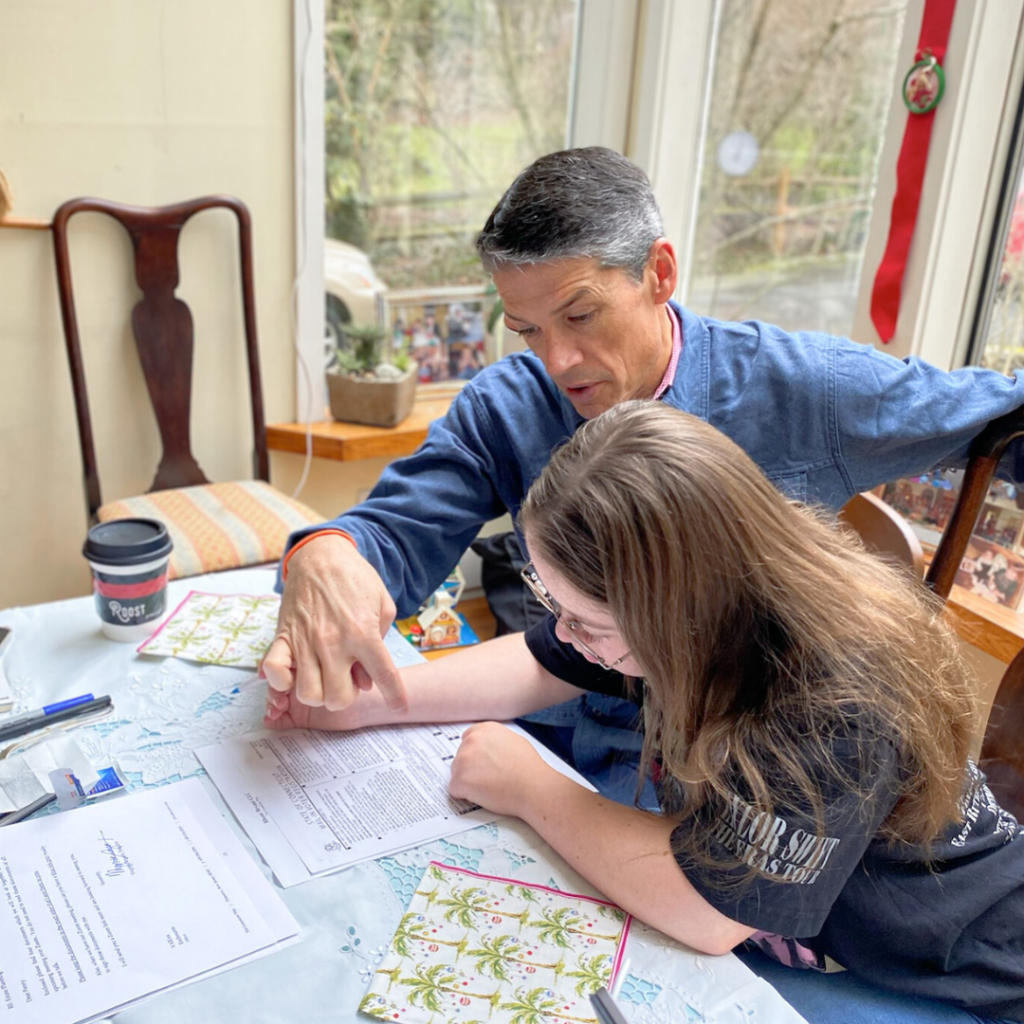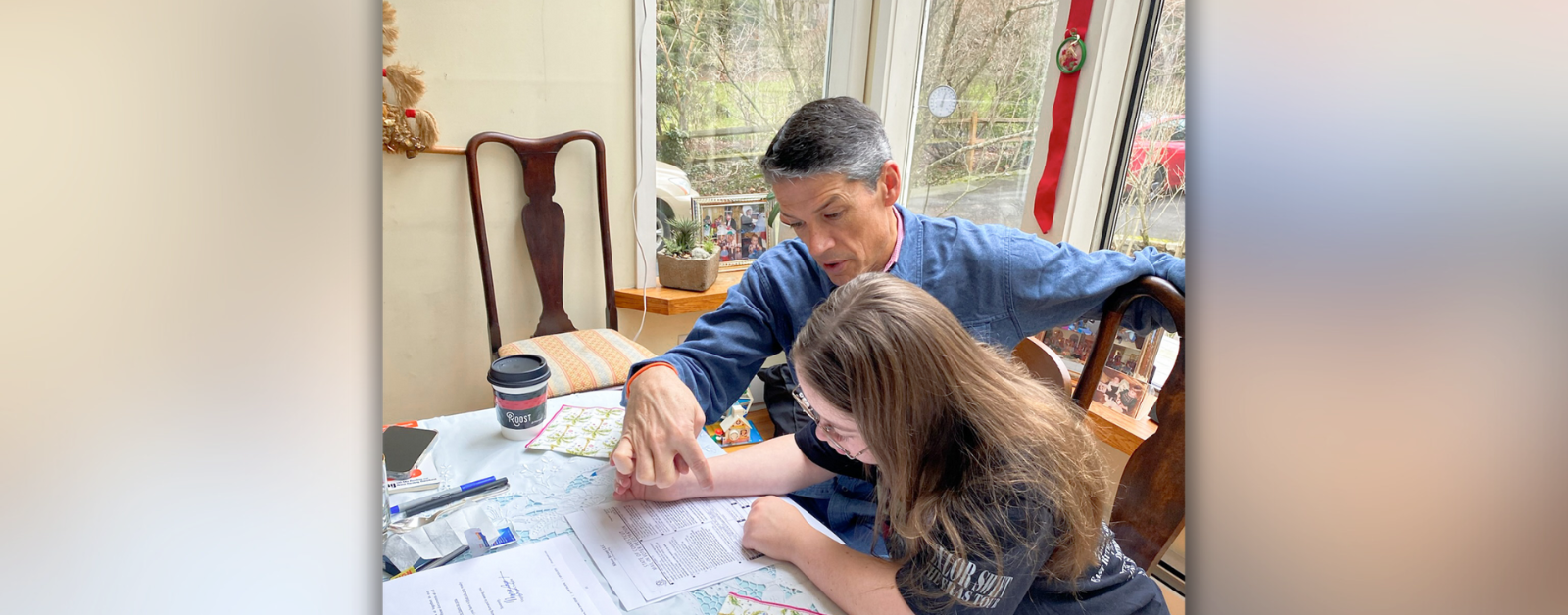It’s a big deal to turn 18. For every teenager, that birthday marks a transition to adulthood. For kids with disabilities, it carries even more weight, especially as it connects to independence and guardianship.
Penny has Down syndrome, and because of the intellectual disability that comes with her condition, the state more or less assumes that we will become her legal guardians when she turns 18. The problem with legal guardianship is that it takes away her rights to make her own decisions about all sorts of things that she’s very capable of deciding.
To petition for guardianship, Peter and I would have needed to go to court, with Penny, and declare her incompetent.
Instead, we worked with a lawyer to come up with a different, albeit imperfect, solution that both honors Penny’s adulthood and seeks to protect her from harm. Rather than taking decision-making control from her, she gave us a legal way to help her with decisions when it comes to medical, educational, and financial issues.
It is not fail-safe. I am still researching the implications.
For now, we want to accompany our young adult daughter as she navigates her own path of independence with support. She signed the papers to agree to walk forward together. We are excited, and a little apprehensive, about all that is to come.

More with Amy Julia:
Idolatry of Intellect
Disability in “All the Light We Cannot See” Movie
Bureaucracy and Disability
Subscribe to my newsletter to receive regular updates and news. You can also follow me on Facebook, Instagram, Twitter, Pinterest, and YouTube, and you can subscribe to my Love Is Stronger Than Fear podcast on your favorite podcast platform.



